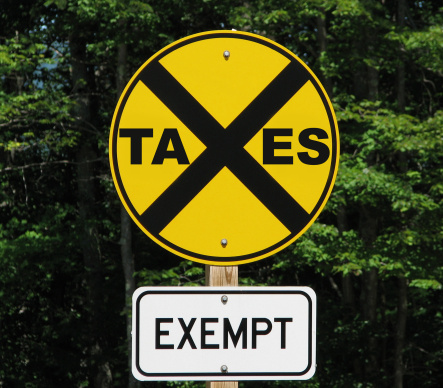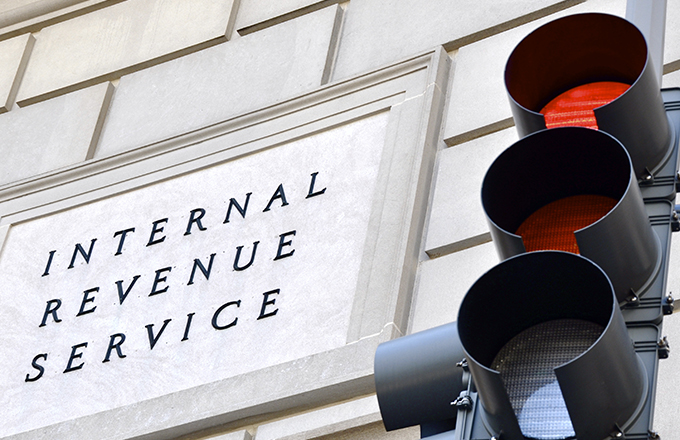Use of an offshore corporation in 2018
This article deals with the proper use of an offshore corporation in 2018. President Trump’s tax had a major impact on the use of offshore corporations. If you’re operating a business through an offshore corporation in 2018, you need to understand these changes.
First, let me define what I mean by an offshore corporation. This is an entity formed in a zero tax country such as Belize, Cook Islands, Nevis, etc. It’s an international business corporation that is incorporated in a country that won’t tax your profits and usually in a country different from the one where you live.
Even if you’re living in Belize, you probably would not form your corporation in Belize. You would want an “offshore” entity to protect your assets from local issues and creditors. So, you would incorporate in Nevis.
This is all to say that an offshore corporation is:
- In a zero tax country,
- That provides maximum privacy and asset protection, and
- In a country other than where you live.
There are two uses of an offshore corporation in 2018. You can use the structure to protect your personal after-tax assets/savings or you can operate an international business. The use of the corporation for asset protection has not change and has been the same for decades. The big changes under President Trump apply to those operating a business offshore.
When you form an offshore corporation for asset protection, you transfer your portable and liquid assets to the corporation. You then set up brokerage and crypto accounts in the name of the corporation and trade those accounts.
One of the most common uses of an offshore corporation is to hold foreign real estate. You pay the expenses of the property and receive rent into that corporation. Finally, you pay local taxes from the entity and are left with your net rental profits and capital gains.
Whether you’re trading stocks and crypto, or investing in real estate, all of the profits of your passive activities are going to be taxed in the United States as earned. It doesn’t matter where you live… in the states or abroad… so long as you hold a US passport you must pay Uncle Sam on your passive income earned in an offshore corporation in 2018.
If you’re holding passive income in an offshore corporation in 2018, you probably need to file IRS form 5471 and report your foreign bank account. Some will convert their offshore corporation to a disregarded entity (using Form 8832) and file Form 8858 rather than 5471.
Considering there’s no tax benefit to holding passive investments offshore, the above is straightforward. You get asset protection and your tax rate remains the same with an offshore corporation in 2018.
Operating a business offshore in 2018 is much more complicated. Here are my assumptions for this section:
- You, the owner operator of the business, are living and working abroad.
- You qualify for the Foreign Earned Income Exclusion.
- Your profits are ordinary business income and not passive income or capital gains.
- You’re operating your business through an offshore corporation formed in a zero tax jurisdiction.
If you don’t meet all of these criteria, the profits of your international business will be taxed in the United States. The tax benefits of offshore corporations apply to those living and working abroad.
Note: I am not considering partnerships where US person’s own 50% or less of the business. That means, I’m assuming your offshore corporation is a CFC (a topic for another day).
With all of that said, the big change under President Trump is that offshore corporations owned by US persons no longer get to retain earnings offshore. You’re not allowed to hold earnings and profits in an offshore corporation tax deferred.
This means that the primary tax benefit to operating a business offshore is the Foreign Earned Income Exclusion. You get to take out up to $104,100 per year in salary tax free. If both a husband and wife are working in the business, you can take out a combined $208,200 free of Federal Income Tax.
The other often overlooked tax benefit of operating a business offshore is that you don’t pay self employment tax or payroll / social taxes on the income. If you were operating this business in the United States, you would pay about 15% in self employment or other taxes on your salary. When you’re living abroad, qualify for the FEIE, and operate through a foreign corporation, you can eliminate these taxes.
If you net more than $208,200, this excess over the FEIE is now taxable in the United States as earned. If your offshore corporation has $500,000 in profits, you and your spouse would take out $200,000 tax free using the FEIE and pay US tax on $300,000.
I hope you’ve found this article on the use of an offshore corporation in 2018 to be helpful. For more information, or to set up such an entity, please email us at info@premieroffshore.com or call us at (619) 483-1708.












Leave a Reply
Want to join the discussion?Feel free to contribute!